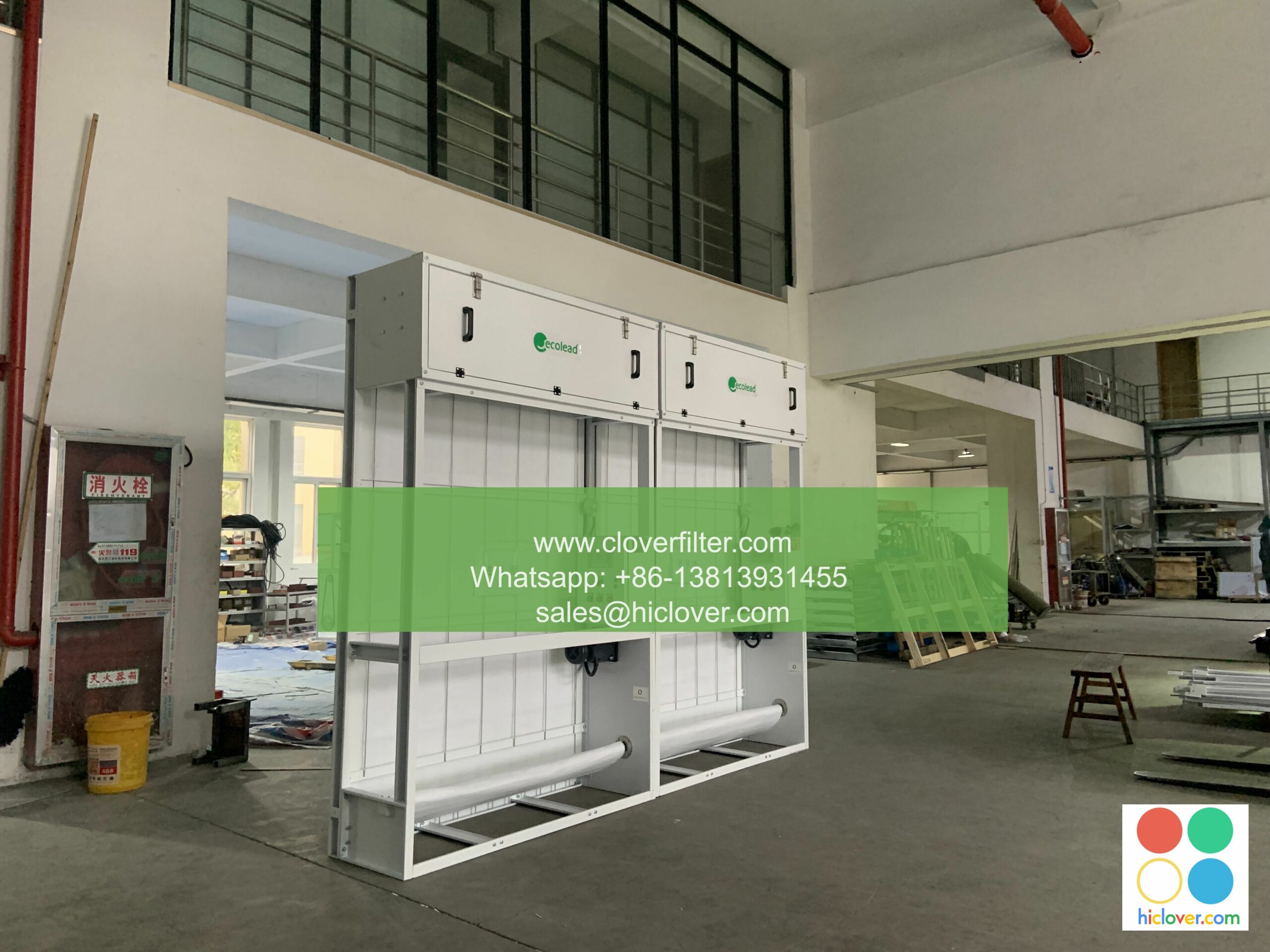How Often Should You Change Your Air Filter?

Air Filter 101: How Often Should You Change Your Air Filter?
Introduction
Maintaining a clean and healthy indoor environment is crucial for our well-being, and that’s where air filters come in. A clean air filter is essential to ensure your home or office remains free from dust, allergens, and other airborne contaminants. But did you know that changing your air filter regularly is just as important as installing one in the first place? In this article, we’ll explore how often you should change your air filter to keep your air pure and fresh.
Why is Air Filter Maintenance Important?
Air filters play a vital role in removing dust, pollen, pet dander, and other airborne particles that can aggravate respiratory issues, trigger allergies, and even reduce the effectiveness of your heating and cooling systems. Over time, filters can become clogged, reducing airflow, and increasing energy bills. In fact, a dirty air filter can lead to:
- Reduced air quality and circulation
- Increased energy consumption
- Higher utility bills
- Damaged HVAC systems
- Risk of mold and mildew growth
- Residential: Typically, it’s recommended to change your air filter every 1-3 months, depending on your home’s usage, number of occupants, and pets.
- Commercial: In commercial settings, such as offices or retail spaces, filters should be changed every 1-6 months, considering the number of people, operations, and equipment usage.
- Usage: Heavy usage, such as in industrial or heavily occupied areas, may require more frequent filter changes (every 1-2 months).
- Pet Ownership: If you have pets, especially sensitive breeds, consider changing your filter more frequently (every 1-2 months) to reduce pet dander and hair accumulation.
- Allergies and Asthma: If you or someone in your household suffers from allergies or asthma, consider changing your filter every 1-2 months to reduce exposure to allergens.
- Filter Type: Different types of filters have varying lifespans. For example, HEPA filters typically last longer than fiberglass filters.
- MERV (Minimum Efficiency Reporting Value): A higher MERV rating indicates better filtration efficiency.
- Filter Type: HEPA, fiberglass, and activated carbon filters cater to different needs and environments.
- Filter Dimensions: Ensure you choose a filter that perfectly fits your system’s specifications.
How Often Should You Change Your Air Filter?
The frequency of changing your air filter depends on various factors, including:
Residential vs. Commercial Applications
Key Factors Influencing Filter Change Frequency
How to Choose the Right Filter for Your Needs
When selecting an air filter, consider the following factors:
Conclusion
Remember, regular air filter maintenance is crucial for maintaining a healthy indoor environment and reducing energy consumption. By understanding how often to change your air filter, you’ll be well on your way to enjoying a cleaner, fresher, and healthier space. Whether you’re a homeowner or business owner, be sure to take note of the frequency guidelines above and choose the right filter for your unique needs.
Call to Action:
Schedule a filter change today and breathe easier knowing your air is pure and fresh!
I’m happy to help! What would you like to talk about or ask?

